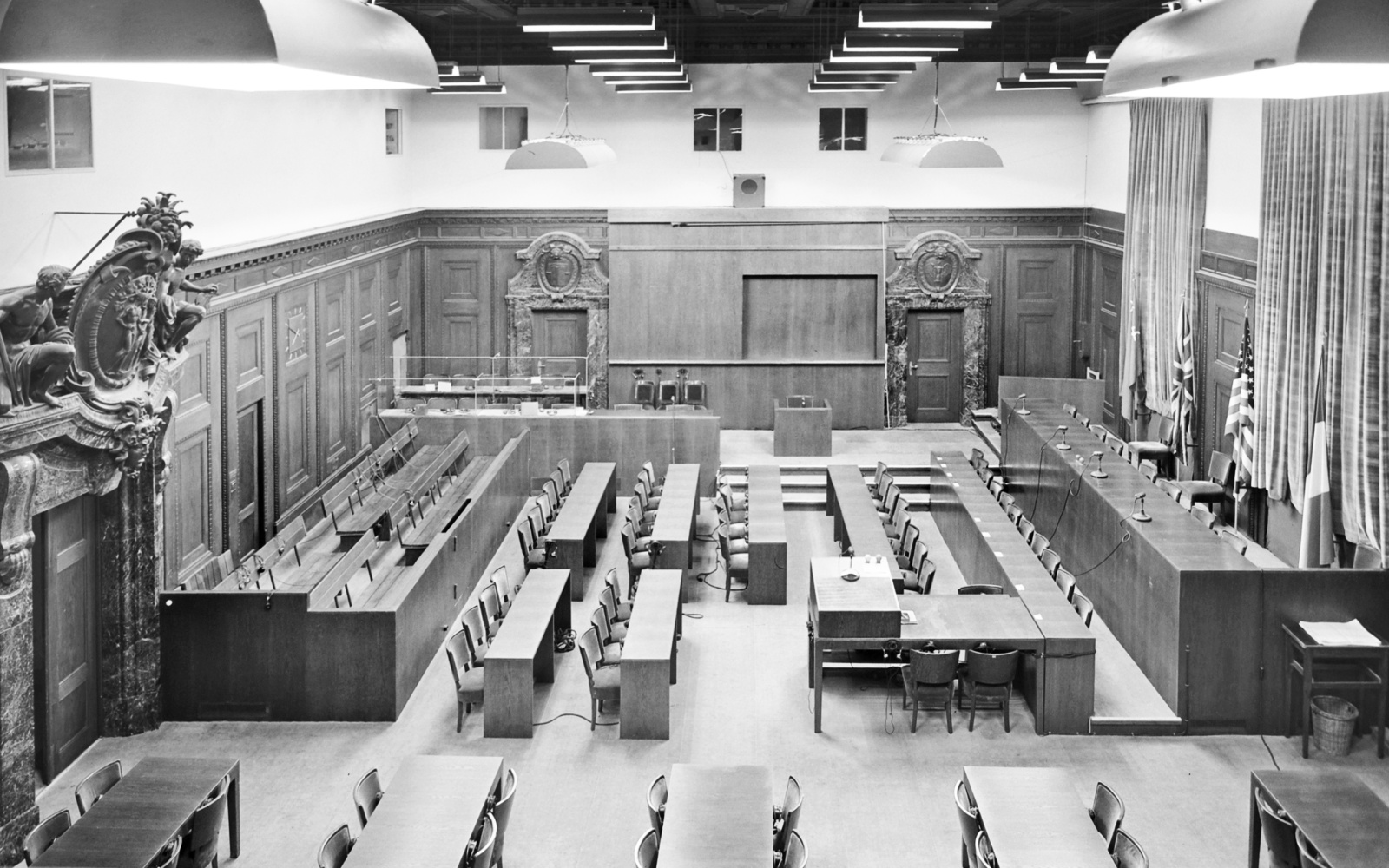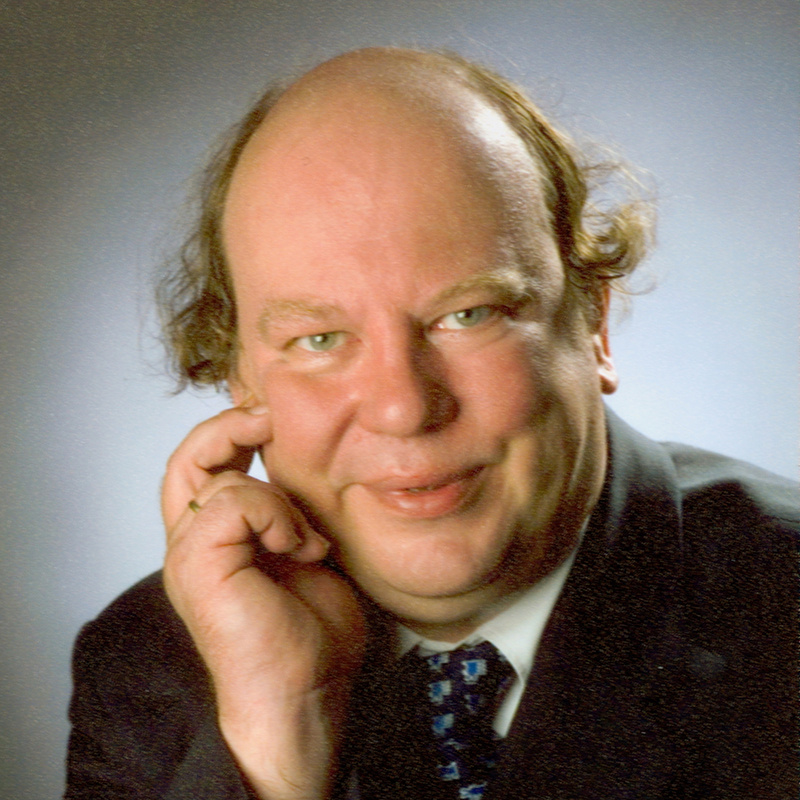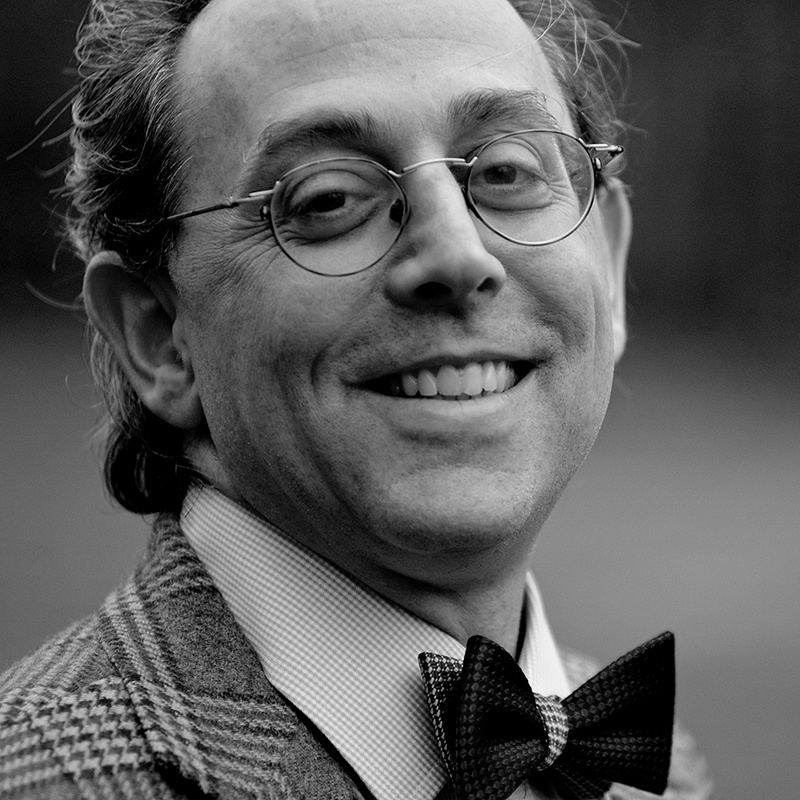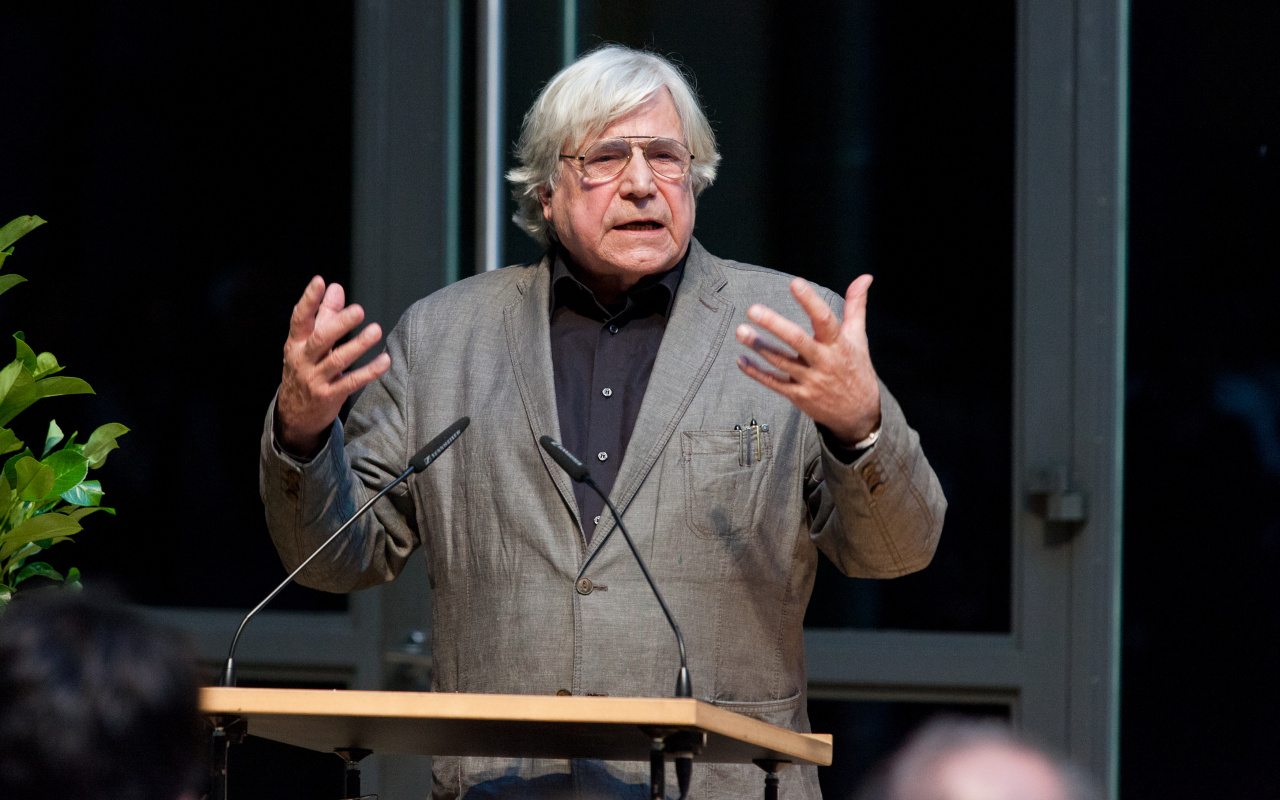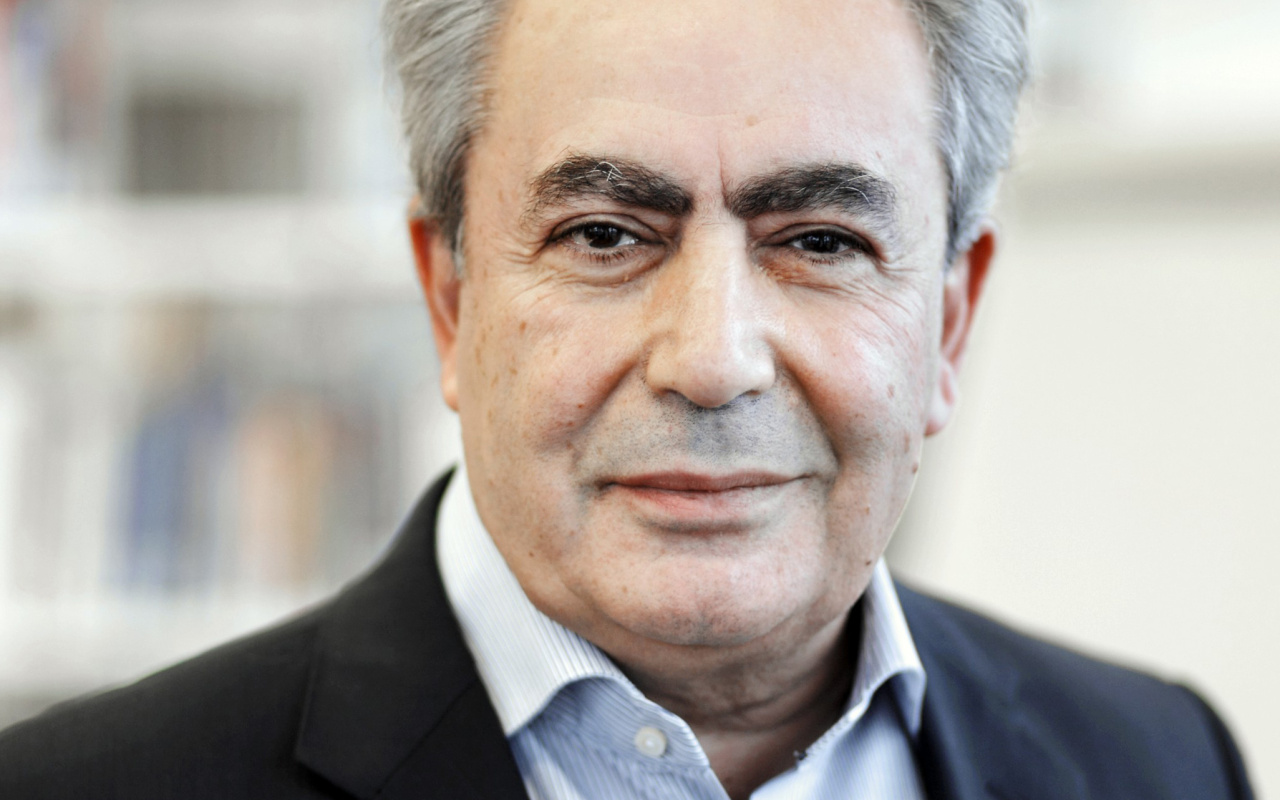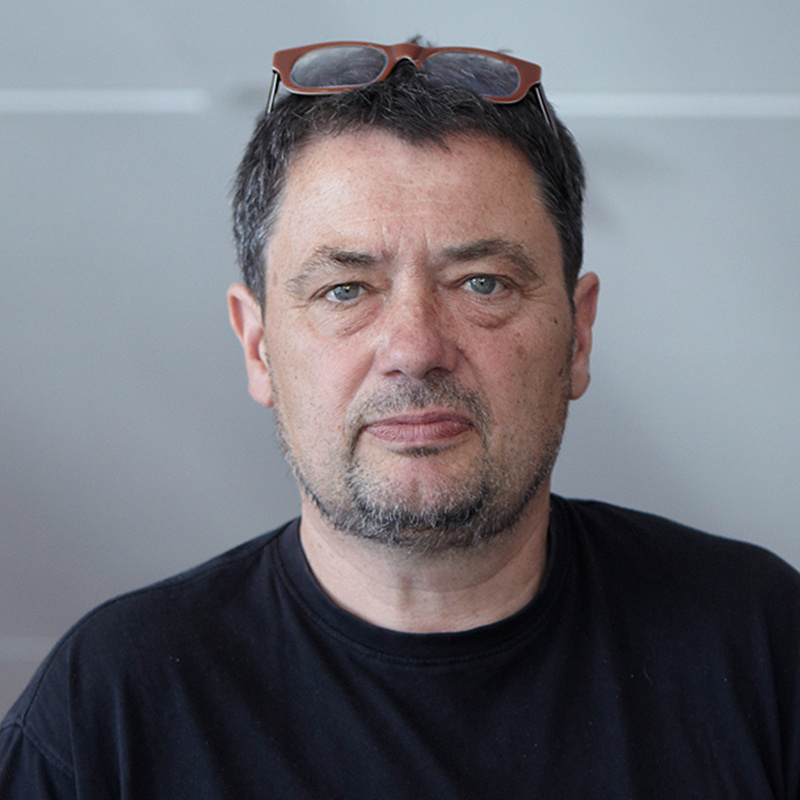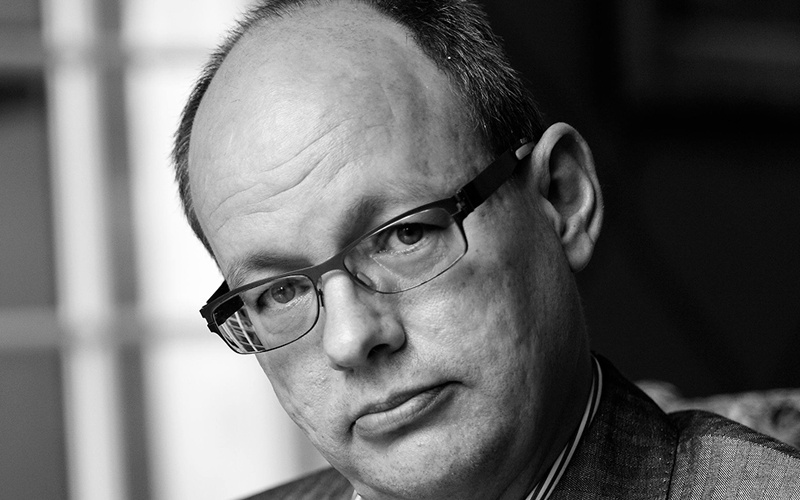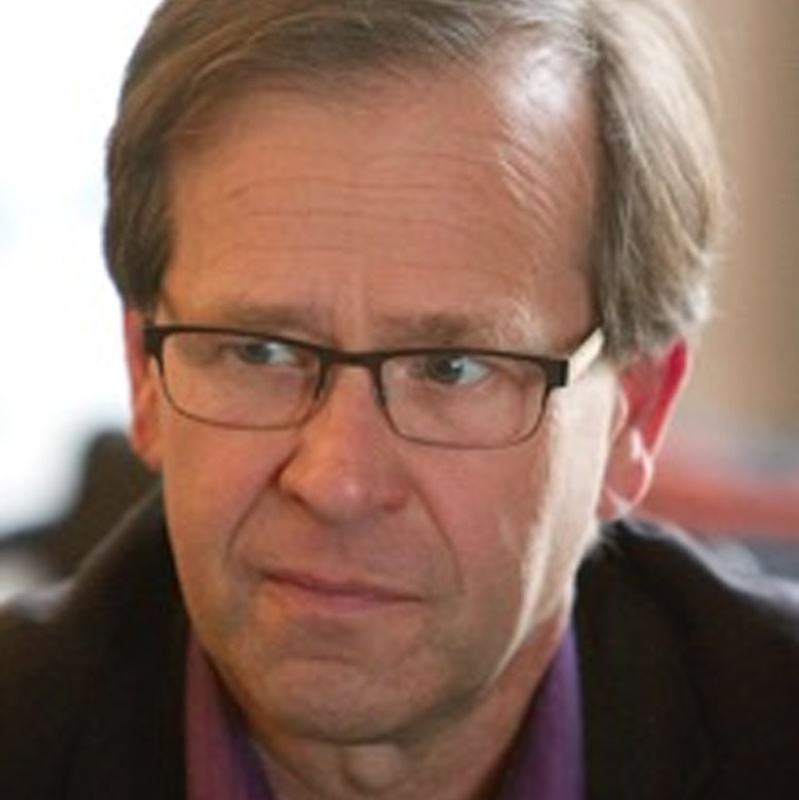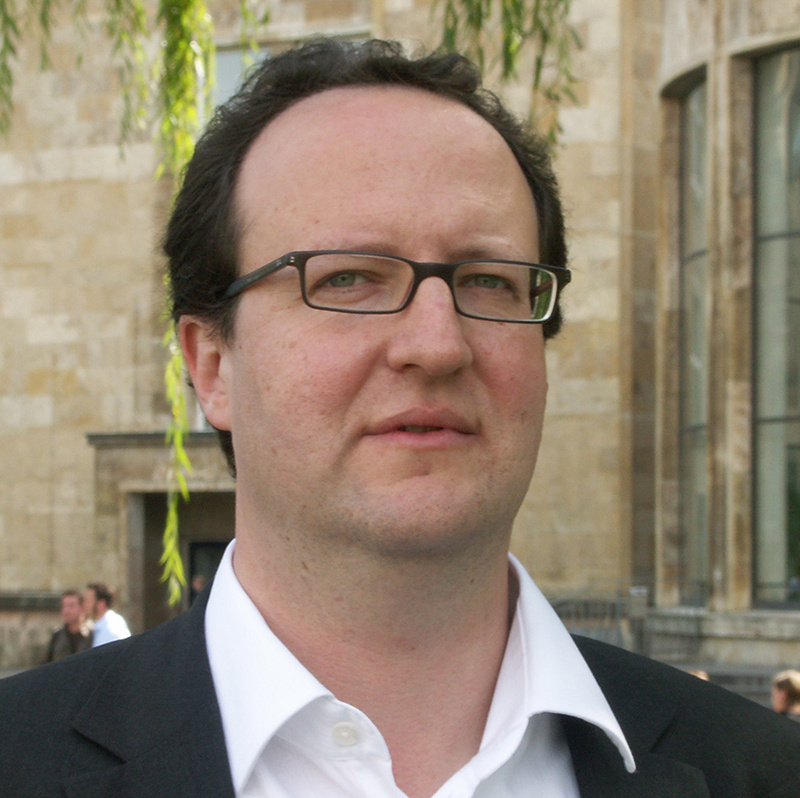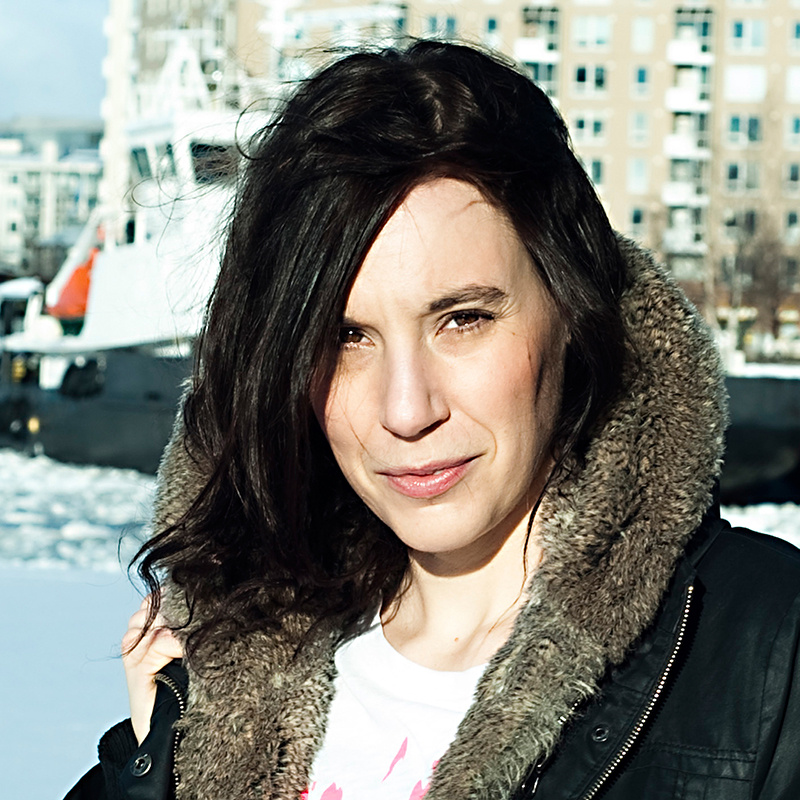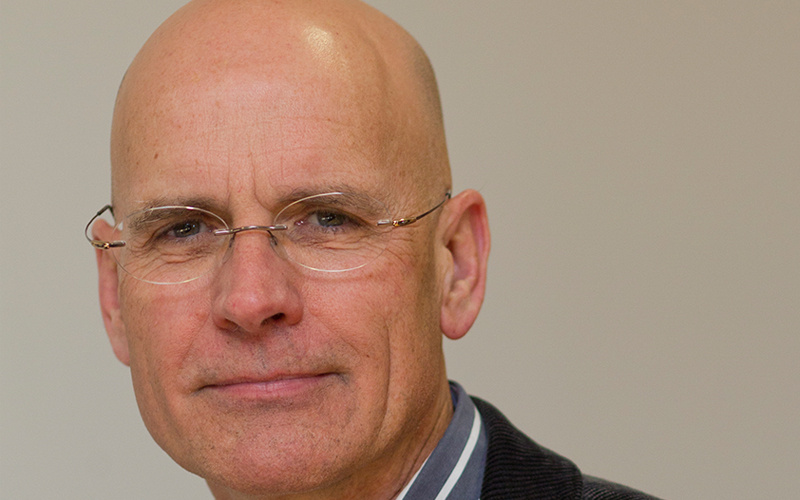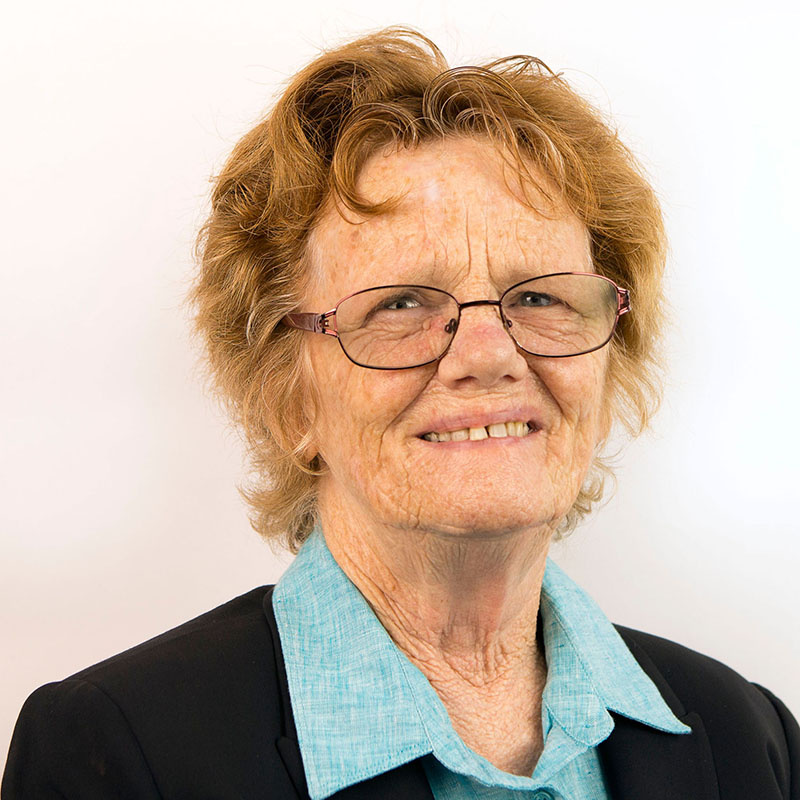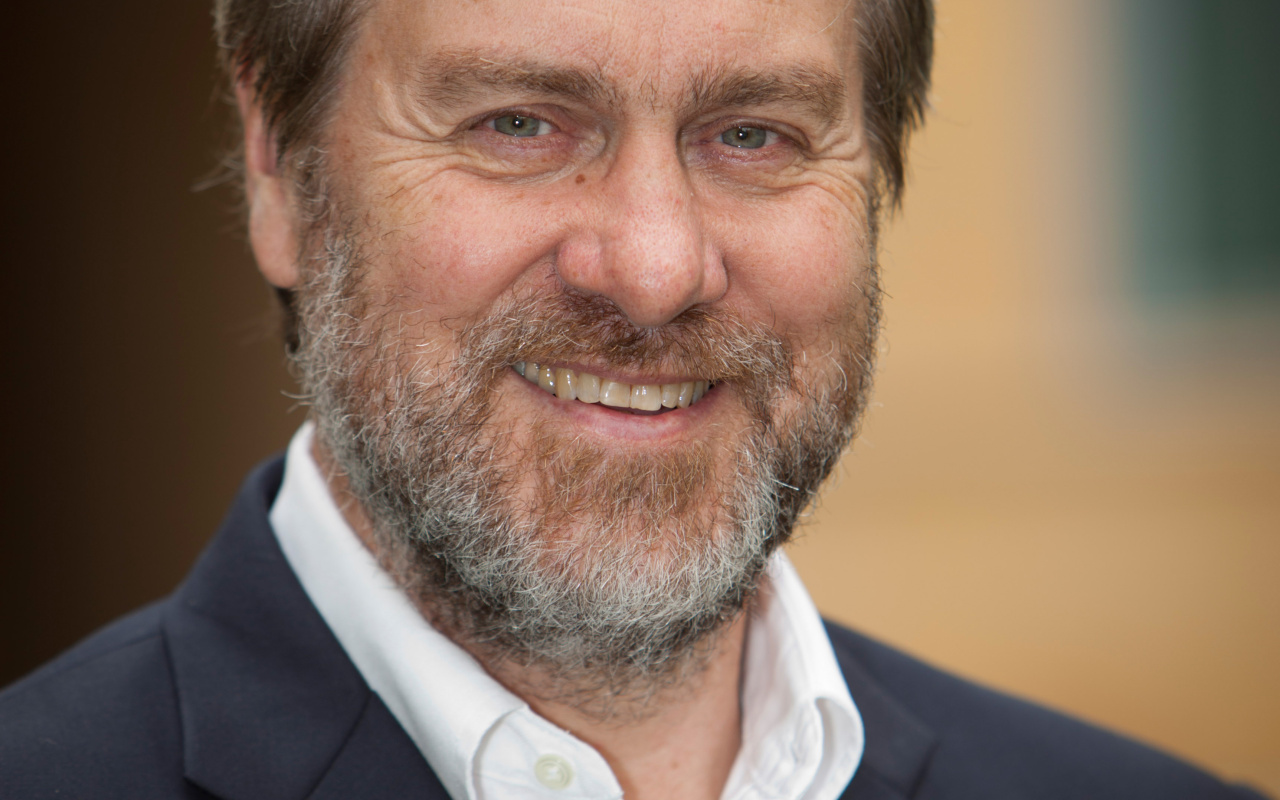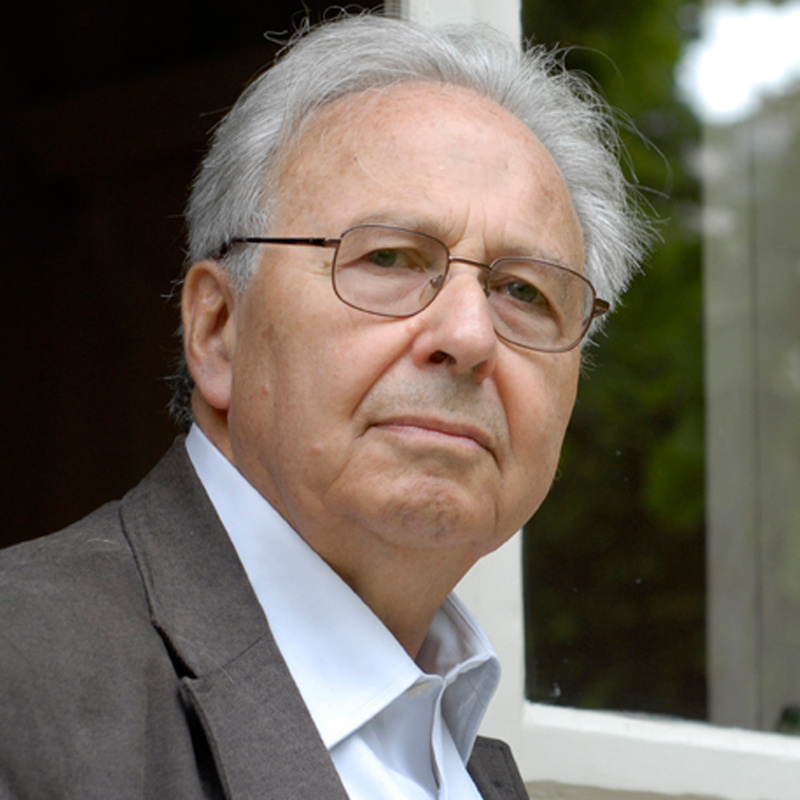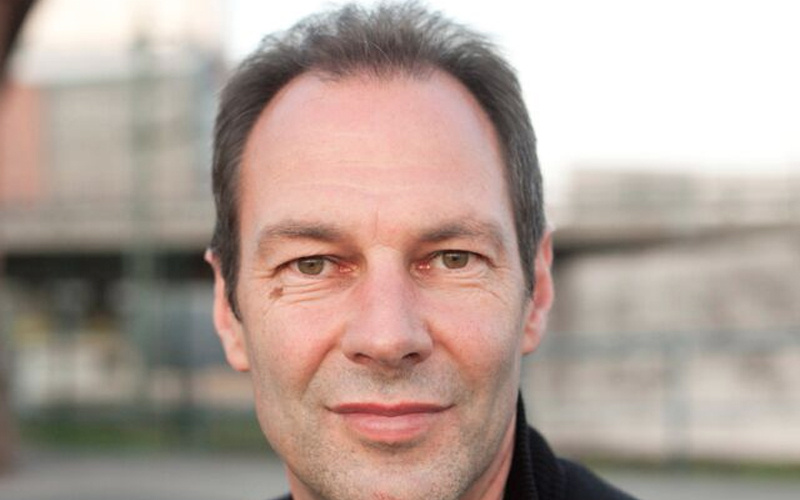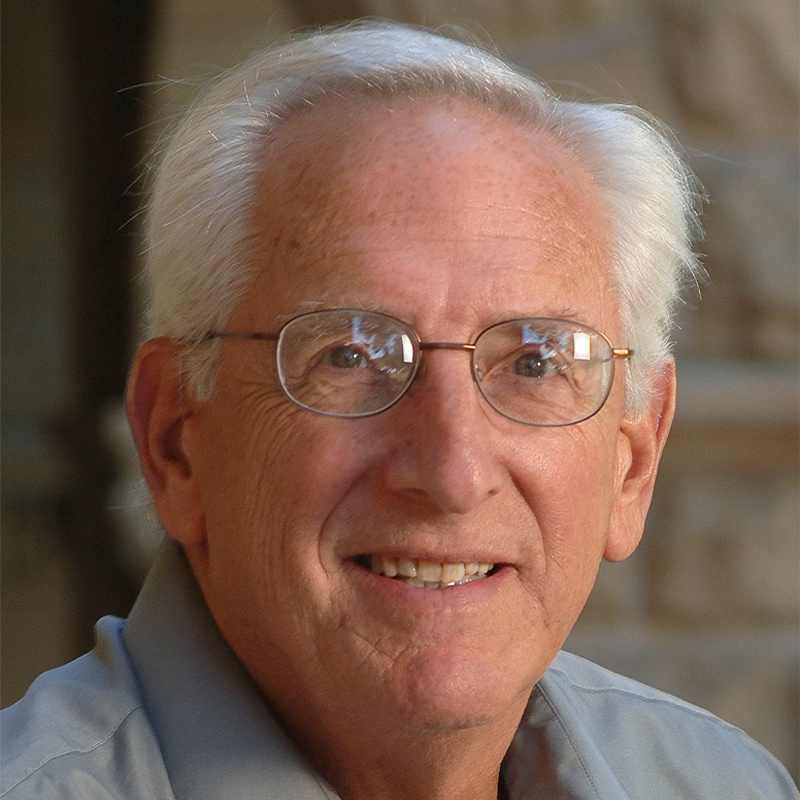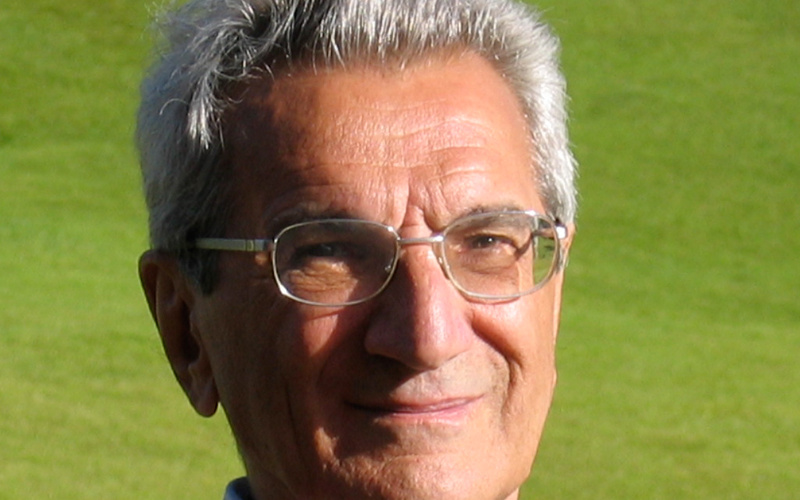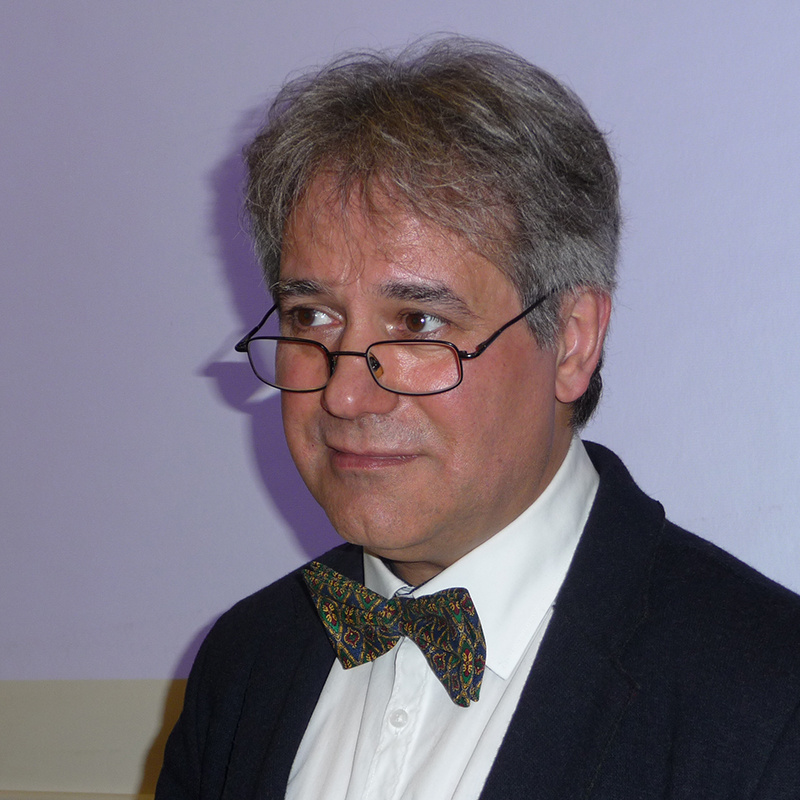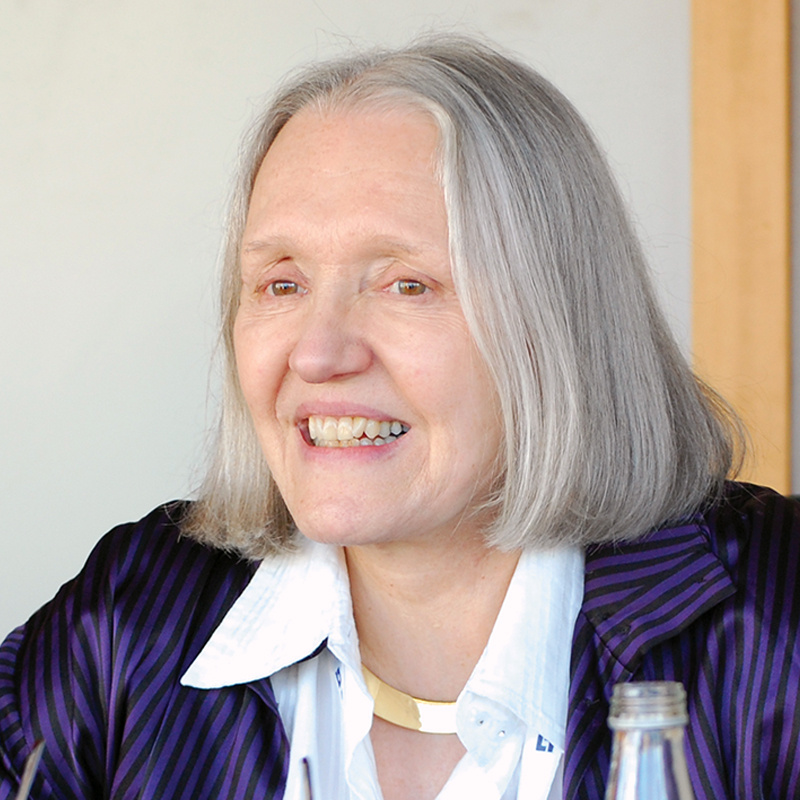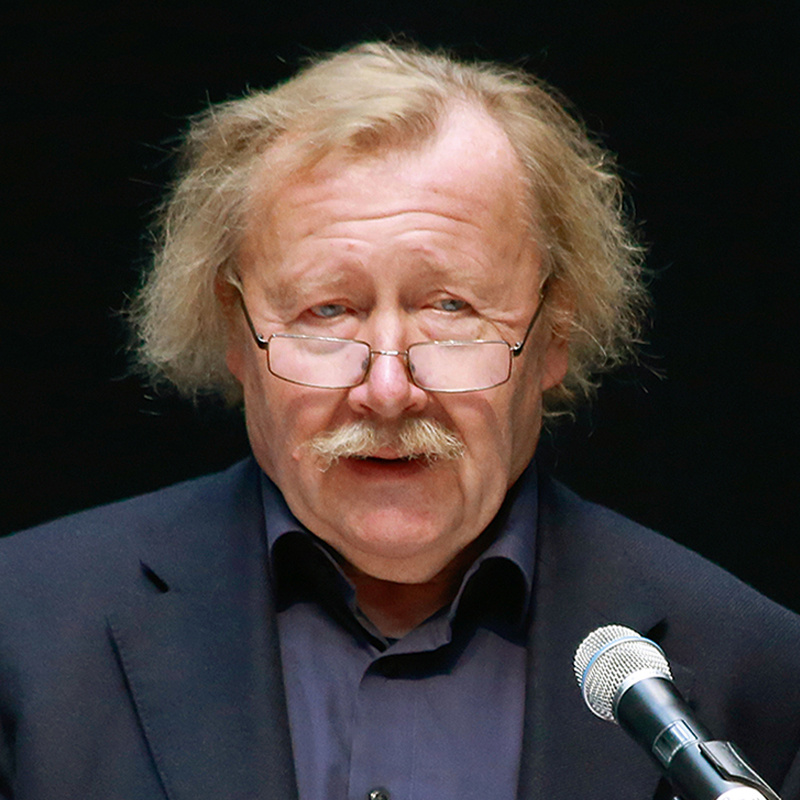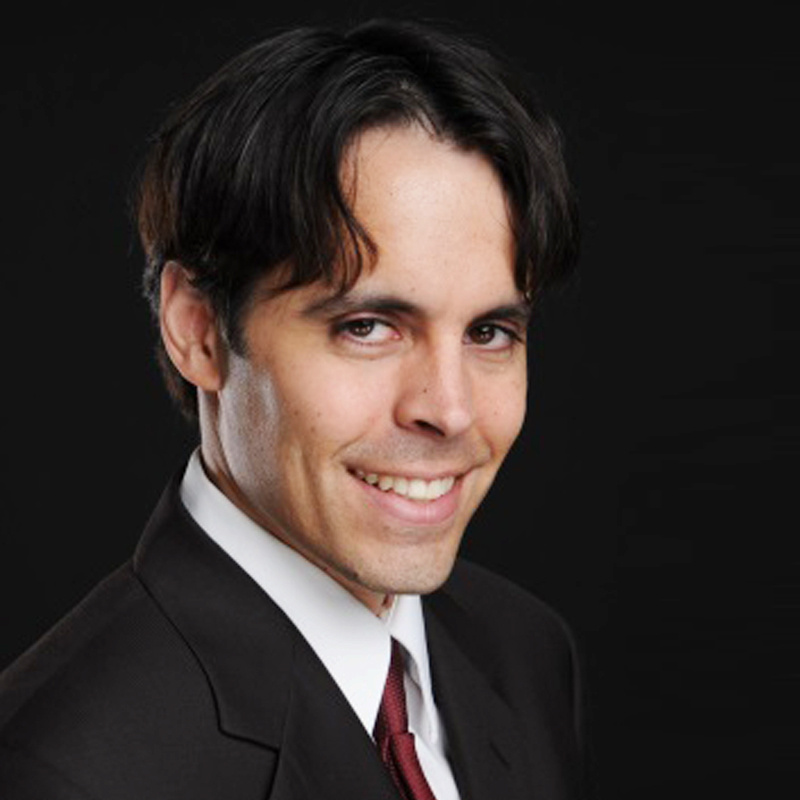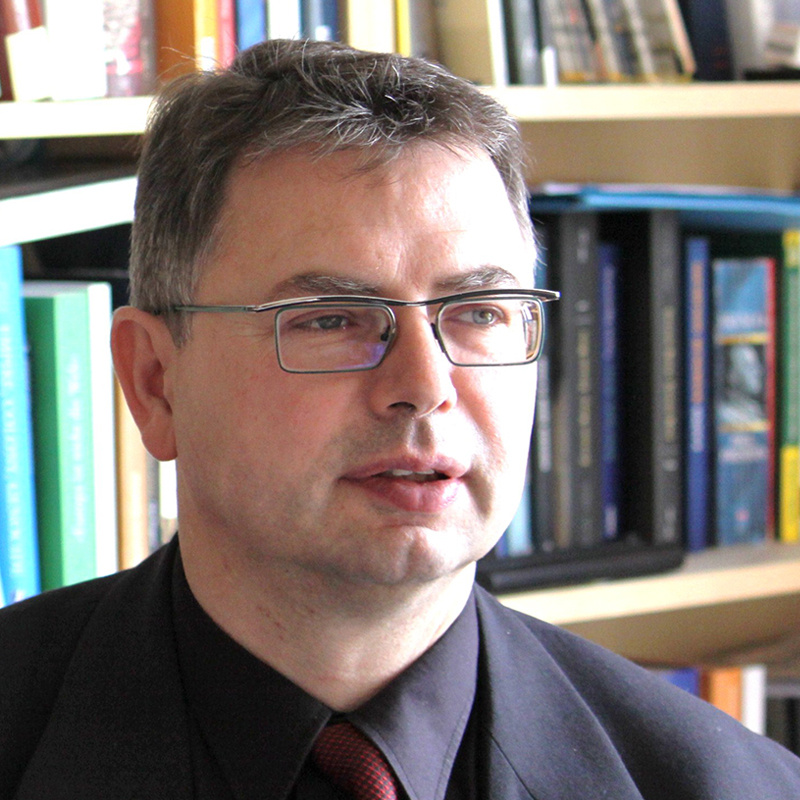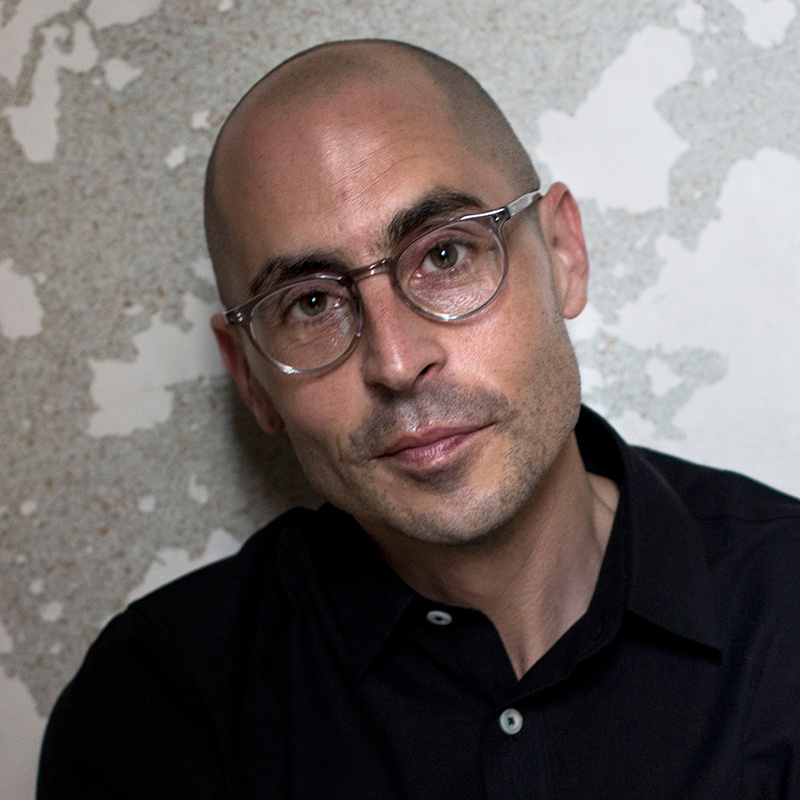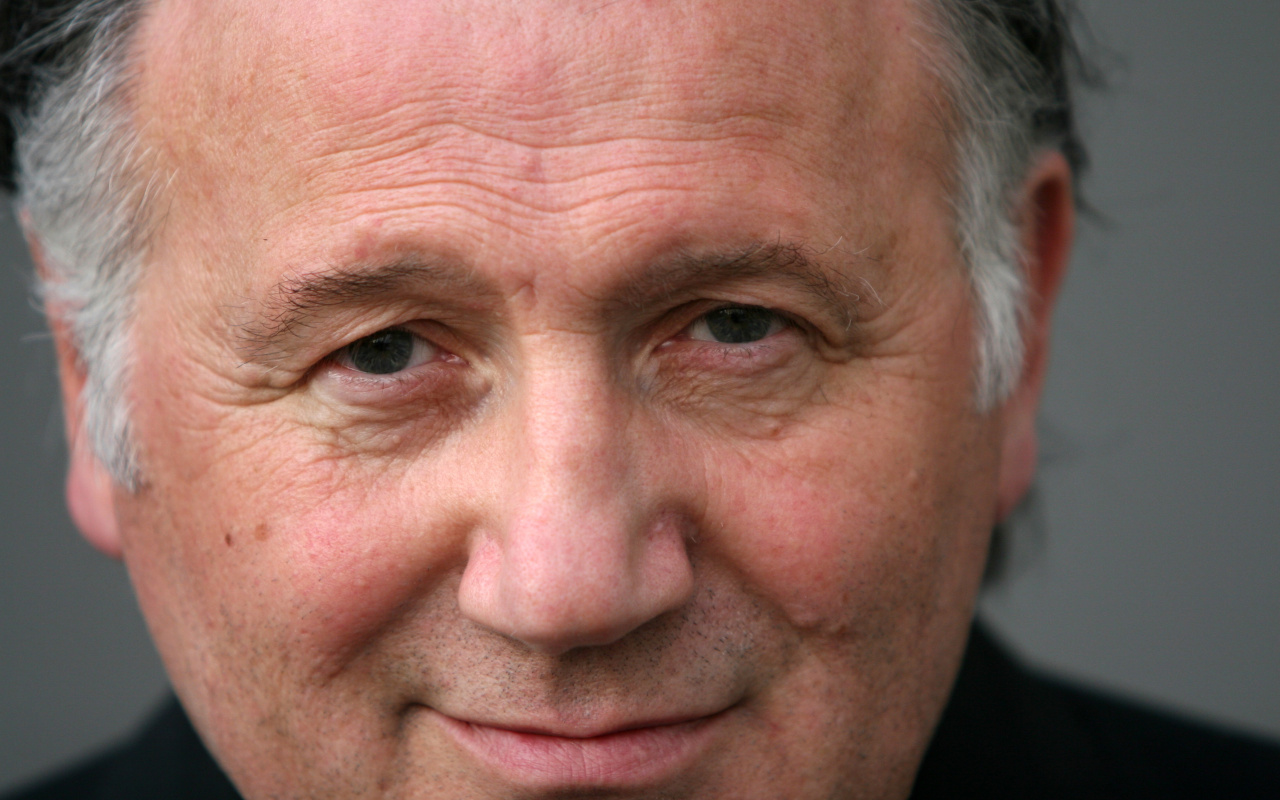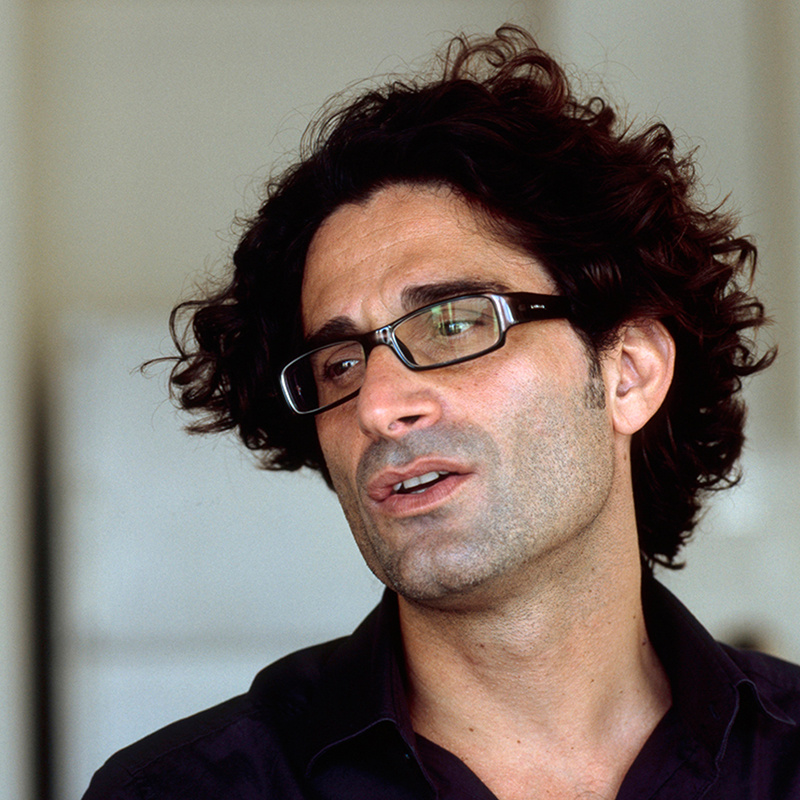The Tribunal – Themes and Speakers
Boris Barth
The Young Turks in Power and the Armenian Genocide
Boris Barth, born in 1961, is professor for history at the University of Konstanz (DE). He was visiting professor at several international universities, amongst others at Charles University in Prague (CZ), Koç University in Istanbul (TR) and at Jacobs University in Bremen (DE). Furthermore, Barth has worked for different companies and foundations as expert and advisor, for example Alexander von Humboldt-Foundation and Schweizerischer Nationalfonds (SNF). His most important publications include »Genozid: Völkermord im 20. Jahrhundert. Geschichte, Theorien, Kontroversen« (Beck, Munich, 2006), »Das Zeitalter des Kolonialismus« (Wiss. Buchgesellschaft, Darmstadt, 2007), and »Globalgeschichten. Bestandsaufnahmen und Perspektiven« (ed., Campus, Frankfurt am Main, 2014).
Roger Berkowitz
How to Love Our World: Hannah Arendt’s Judgement of Adolf Eichmann
Roger Berkowitz (born in 1968) is associate professor of politics and human rights at Bard College &and director of the Hannah Arendt Center for Politics and Humanities, New York (US). He is working on the clash between plurality and diversity in issues of governance, privacy, and discrimination. His first book »The Gift of Science: Leibniz and the Modern Legal Tradition« (Harvard University Press, Cambridge, 2005; Fordham 2010) shows how the justice is transformed by science. He edited »Thinking in Dark Times: Hannah Arendt on Ethics and Politics« (Fordham University Press, New York, 2010).
> Video
Bazon Brock
The Logic of Globalisation Destroys the Idea of a Universal Evolution of Mankind
Bazon Brock, born in 1936, thinker on duty and artist without an oeuvre, is emeritus professor of aesthetics and cultural education at the University of Wuppertal (DE). He was also professor at the Hamburg University of Fine Arts (1965–1976, DE) and the University of Applied Arts Vienna (1977–1980, AT). In 1992 he was made an honorary doctor of technical sciences by the Swiss Federal Institute of Technology, Zurich (CH); in 2012 he received an honorary doctorate from the Karlsruhe University of Arts and Design (Hfg) (DE). In 2014 he was made honorary professor of prophecy at the Saar College of Fine Arts, Saarbrücken (DE). Brock represents the »Institute of Theoretical Art, Universal Poetry, and Prognostic« and is the founder of »The Thinkery / Office for Work on Insoluble Problems and Measures of Higher Authority« based in Berlin.Mihran Dabag
Gestaltung durch Vernichtung. Weltanschauliche Rahmungen von Völkermorden im 20. Jahrhundert
Mihran Dabag, born in 1944, is director of the Institute for Diaspora and Genocide Research, member of the board of the Center for Mediterranean Studies and professor of history at the Ruhr University Bochum (RUB) (DE). His research fields include structural comparisons of genocide; diaspora, nationalism; memory theories and politics of remembrance. Among his publications are »Genozid und Moderne« (ed., Leske + Budrich, Opladen, 1998); »Die Machbarkeit der Welt« (ed., Fink, Munich, 2006); and »Verlust und Vermächtnis. Überlebende des Genozids an den Armeniern erinnern sich« (Schöningh, Paderborn, 2015).Lutz Dammbeck
Worstward Ho
Lutz Dammbeck, born in 1948, is an artist and filmmaker. His works have been exhibited in numerous exhibitions, including »XX. jahrhundert. ein jahrhundert kunst in deutschland« (Nationalgalerie, Berlin, 1999), »Paranoia« (Academy of the Arts, Berlin, 2006), »Kunst und Kalter Krieg. Deutsche Positionen 1945−1989« (Los Angeles County Art Museum, 2009); and »Nostalgia Is an Extended Feedback« (Nam June Paik Art Center, Seoul, 2013). His films include »Das Netz – Adorno«, »LSD und Internet« (2003) and »Overgames« (2015). Dammbeck lives and works in Hamburg.Frank Dikötter
Mao's Great Famine
Frank Dikötter, born in 1961, is chair professor of humanities at the University of Hong Kong (CN). Before moving to Asia in 2006, he was professor of the modern history of China at the School of Oriental and African Studies, University of London (GB). Dikötter is author of nine books about the history of China, including »Mao’s Great Famine: The History of China’s Most Devastating Catastrophe, 1958–1962« (Walker & Co., New York, 2010), winner of the Samuel Johnson Prize in 2011, and »The Tragedy of Liberation: A History of the Chinese Revolution 1945-1957« (Bloomsbury, London, 2013), shortlisted for the Orwell Prize in 2014.Paul N. Edwards
Time Crimes: The 20th Century’s Long Now
Paul N. Edwards is professor for information technology at University of Michigan, Ann Arbor (US). He is co-editor of the »Infrastructures« book series (The MIT Press, Cambridge) and the journals »Big Data & Society: Critical Interdisciplinary Inquiries and Information & Culture: A Journal of History«. In his research he explores the history, politics, and cultural aspects of computers, information infrastructures, and global climate science. Edwards’ book »A Vast Machine: Computer Models, Climate Data, and the Politics of Global Warming« (The MIT Press, Cambridge, 2010) was awarded with several prizes, amongst others with the Computer History Museum Prize. Further publications include »Changing the Atmosphere. Expert Knowledge and Environmental Governance« (ed. with Clark Miller, The MIT Press, Cambridge, 2001) and »The Closed World. Computers and the Politics of Discourse in Cold War America« (The MIT Press, Cambridge, 1996).Raffael Gross
Franz Kafka, Hans Kelsen und die Normativität des Bösen
Raphael Gross, born in 1966, is professor of Jewish history and culture at the University of Leipzig (DE) and director of the Leipzig Simon Dubnow Institute of Jewish History and Culture. He is also director of the Jewish Museum in Frankfurt am Main (DE). His research focuses on intellectual history and the history of law. His published works include »Carl Schmitt und die Juden. Eine deutsche Rechtslehre« (Suhrkamp, Frankfurt am Main, 2000), »Anständig geblieben. Nationalsozialistische Moral« (Fischer, Frankfurt am Main, 2010), and »November 1938. Die Katastrophe vor der Katastrophe« (C.H. Beck, Munich, 2013).Terike Haapoja
The Unwritten History of Non-Humanity
Terike Haapoja, born in 1974, is a Finnish-American visual artist based in New York (US). Haapoja’s large-scale installation work, writing, and political projects investigate the structures of othering with a specific focus on problems arising from the anthropocentric world view of western modernism. Haapoja represented Finland in the 55th Venice Biennale (2013) (IT) with a solo show in the Nordic Pavilion, and she has been rewarded with numerous grants and prizes, including Dukaatti prize, Ars Fennica Award candidacy (2008) and the Kiila-prize. Since 2012, she is working on an interdisciplinary artistic research project entitled »The History of Others«.> Video
Clive Hamilton
Requiem for a Species
Clive Hamilton, born in 1953, is professor of public ethics at Charles Sturt University in Canberra (AU). He has held a number of visiting academic positions, including at Sciences Po (Paris, FR), Yale University (New Haven, US), and the University of Oxford (GB). His books include »The Freedom Paradox: Towards a Post-Secular Ethics« (Allen & Unwin, Crows Nest, 2008), »Requiem for a Species: Why We Resist the Truth About Climate« Change (Earthscan, London, 2010), and »Earthmasters: Playing God With the Climate« (Yale University Press, New Haven, 2013). He is currently writing a book on the larger meaning of the anthropocene.> Video
Kerryn Higgs
The Age of Growth: Collision Course
Kerryn Higgs, born in 1946, is writer, associate at the University of Tasmania (AU) and fellow of the International Centre of the Club of Rome (CH). Her research focuses on limits to growth, ecological economics, ecological decline, neoliberalism, and corporate propaganda. Higgs has authored »Collision Course: Endless Growth on a Finite Plane«t (The MIT Press, Cambridge, 2014) and »All That False Instruction« (Spinifex Press, North Melbourne, 2001).Ben Kiernan
The World History of Genocide
Ben Kiernan, born in 1953, is professor of history and director of the Genocide Studies Program at Yale University, New Haven (US). His books include How Pol Pot Came to Power (Verso, London, 1985), »The Pol Pot Regime« (Yale University Press, New Haven, 1996), and »Genocide and Resistance in Southeast Asia« (Transaction Publishers, New Brunswick, 2008). His book »Blood and Soil: A World History of Genocide and Extermination from Sparta to Darfur« (Yale University Press, New Haven, 2007) won the Independent Publisher Book Awards 2008 Gold medal for History, and the German Studies Association’s 2009 Sybil Halpern Milton Memorial Book Prize. Its German translation »Erde und Blut« (Dt. Verl.-Anst, Munich, 2009) won first place in Germany’s Nonfiction Book of the Month Prize Die Sachbücher des Monats, sponsored by »Süddeutsche Zeitung« and NDR Kultur.> Video
Claude Klein
A Jurist's Look at the Eichmann Trial and at Hannah Arendt's Consideration on it
Claude Klein, born in 1939, is emeritus of the Hebrew University of Jerusalem (IL). He graduated in law and political science at the University of Strasbourg (FR). After obtaining his PhD, he left for the Faculty of Law of the Hebrew University of Jerusalem, where he specialized in constitutional law and legal theory. Klein served as dean of the College of management Law School, Tel-Aviv (IL) and has taught as visiting professor at numerous universities in France, Canada, and the USA. His books include »Le cas Eichmann. Vu de Jérusalem (Gallimard, Paris, 2012) and Peut-on cesser d’être juif?« (Grasset, Paris, 2014).> Video
Hans-Werner Kroesinger
FACEing Documents or Dealing with History on Stage Without Making Deals
Hans-Werner Kroesinger, born in 1962, is author and stage director. He worked with Robert Wilson and Heiner Müller in New York (US) and Berlin (DE) and participated in documenta X in Kassel (DE) in 1997. His plays are based on documents with focus on political conflicts, for example. »Q & A – QUESTIONS AND ANSWERS« (The Eichmann Trial), »HERERO 100« (The Herero Genocide), »RUANDA REVISITED« (The Rwandan Genocide), and »Musa Dagh – Days of Resistanc«e (The Armenian Genocide). The works of Kroesinger have been shown at Staatstheater Stuttgart (DE), HAU Hebbel am Ufer in Berlin (DE), Berliner Ensemble (DE), Münchener Kammerspiele (DE), and Salzburger Festspiele (AT).Norman M. Naimark
Stalin on Trial
Norman M. Naimark, born in 1944, is professor of history and director of Global Studies at Stanford University, California (US). He was chair of Stanford’s Department of History and programs in International Relations and International Policy Studies and served on the editorial boards of a series of leading professional journals. His current research focuses on the history of genocide in the twentieth century and the history of communism. His books include »The Russians in German«y (Harvard University Press, Cambridge, 1995), »Fires of Hatred« (Harvard University Press, Cambridge, 2001), »Stalin’s Genocide«s (Princeton University Press, Princeton, 2011).> Video
Antonio Negri
Il socialismo e la nazione
Antonio Negri, born in 1933, is an Italian philosopher and political scientist. He was professor for legal philosophy and director of the Institute of Political Science at the University of Padua (IT). Negri is one of the leading figures of the Italian student movement in the 1960s and 1970s. His work focuses on political philosophy and the effect that globalization has on society. The acclaim for his books coauthored with Michael Hardt, »Empire« (Harvard University Press, Cambridge, 2001), »Multitude« (Penguin, London, 2005), and »Commonwealth« (Harvard University Press, Cambridge, 2009) established Negri as one of the most important thinkers in the modern political debate. Despite having retired, he continues to give guest lectures regularly at universities all over the world.Jan M. Piskorski
Die Verjagten. Flucht und Vertreibung im Europa des 20. Jahrhunderts
Jan M. Piskorski, born in 1956, is professor of Comparative European Studies at the University of Szczecin (PL) and member of several research institute boards and editorial boards, including Przegląd Historyczny in Warsaw (PL). He has also been a visiting professor at the Universities of Halle, Mainz, and Osnabrück (all DE). Piskorski specializes in the history of migration and civilization. In 2010, he received the Prize of the Berlin-Brandenburg Academy of Sciences and Humanities. Piskorski publishes texts and short stories in monthlies, weeklies, and newspapers, for example »Merkur. Deutsche Zeitschrift für Europäisches Denken« and »Odra«. His most recent publication is »Die Verjagten. Flucht und Vertreibung im Europa des 20. Jahrhunderts« (Siedler, Munich, 2013).> Video
Saskia Sassen
Expulsions
Saskia Sassen, born in 1949, is professor for sociology at Columbia University, New York (US). She has served as fellow, distinguished lecturer and visiting professor in a large number of international institutions and is member of several research committees, scientific juries, and advisory boards. For her research on globalization, urban sociology, world economy, and international migration, Sassen has received many awards and honors, among them multiple doctor honoris causa and the Prince of Asturias Award for Social Sciences in 2013. Recent books include »Expulsions: Brutality and Complexity in the Global Econom«y (Harvard University Press, New Haven, 2014), »Territory, Authority, Rights: From Medieval to Global Assemblage«s (Princeton University Press, Princeton, 2008), and »A Sociology of Globalization« (W. W. Norton, New York, 2007).> Video
